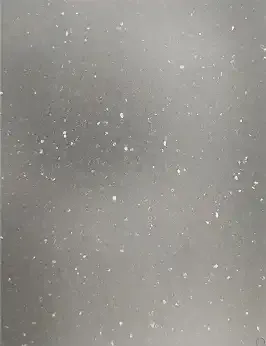Optimal Solutions for Durable PVC Welding Wire Applications in Various Industries
Understanding PVC Welding Wire Applications and Benefits
PVC (Polyvinyl Chloride) welding wire is a specialized product used primarily in the field of plastic welding. This wire plays a crucial role in various industries, including automotive, construction, and manufacturing, where joining PVC materials is a common requirement. The use of PVC welding wire has grown significantly due to its advantageous properties, making it a popular choice for professionals in need of durable and efficient welding solutions.
What is PVC Welding Wire?
PVC welding wire is made from high-quality PVC material, which is known for its excellent strength, durability, and resistance to deterioration. The wire typically comes in a range of diameters and colors, allowing users to choose the most suitable option for their specific application. The wire is often extruded to form a continuous strand that can be fed into welding equipment, making the welding process more efficient.
Applications of PVC Welding Wire
The versatility of PVC welding wire means that it can be used in various applications. One of the most common uses is in the production of welded PVC tarpaulins, which are widely utilized in the transportation and logistics industries as covers for trailers and cargo. Additionally, PVC welding wire is used in the fabrication of PVC sheets and panels, which serve in the construction of signage, protective barriers, and even indoor furniture.
Another key application is in the repair of PVC products. For example, damaged PVC pipes can be efficiently repaired using PVC welding wire, restoring their functionality while ensuring a strong and long-lasting bond. This makes PVC welding wire an essential tool for maintenance and repair professionals as well.
pvc welding wire

Benefits of Using PVC Welding Wire
There are numerous benefits associated with using PVC welding wire. Firstly, its excellent adhesive properties ensure a strong bond between PVC components, which is crucial for maintaining structural integrity. When welded correctly, the joints created using PVC welding wire can withstand considerable external forces, making them ideal for high-stress environments.
Furthermore, PVC welding wire is known for its resistance to moisture and chemicals. This inherent resistance makes it suitable for various applications where exposure to harsh conditions is prevalent. Thus, welded joints can remain intact even when subjected to water, humidity, or other harmful substances.
Another significant advantage of PVC welding wire is its ease of use. It can be efficiently fed into welding machines, which allows for faster production rates and enhanced productivity. Moreover, the welding process does not require additional adhesives or solvents, simplifying the workflow and reducing overall costs.
Conclusion
In summary, PVC welding wire is a vital component in the realm of plastic welding, offering exceptional strength and versatility for a variety of applications. From industrial uses to repair jobs, the benefits of using PVC welding wire are evident in its ability to create durable and reliable joints. As industries continue to explore innovative welding practices, PVC welding wire remains a go-to solution for professionals seeking efficiency and longevity in their projects. Whether one is involved in manufacturing, construction, or maintenance, understanding the importance of PVC welding wire can lead to improved outcomes and enhanced productivity.
-
modern-interior-solutions-with-durable-pvc-material-skirtingAug.22,2025
-
elevating-outdoor-spaces-with-premium-wood-material-skirtingAug.22,2025
-
Waterproof Advantages of SPC Flooring Vinyl in KitchensAug.06,2025
-
SPC Hybrid Waterproof Flooring Thickness GuideAug.06,2025
-
Leveling Subfloor Before My Floor SPC InstallAug.06,2025
-
How Mesh Deck Skirting Improves Outdoor Pest ControlAug.06,2025




